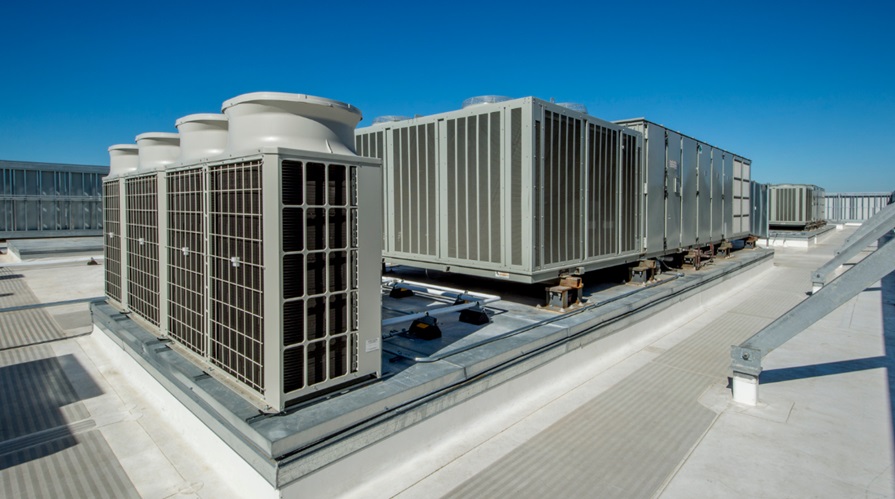When it comes to heating, ventilation, and air conditioning (HVAC) systems, there’s a significant distinction between those designed for homes and those built for businesses. Understanding these differences is crucial, especially if you’re in the market for commercial HVAC Atlanta services. This article delves into the essential distinctions between commercial and residential HVAC systems, equipping you with the knowledge to make informed choices regarding your heating and cooling requirements.
Size and Capacity
A key distinction between commercial and residential HVAC systems is their size and capacity. Commercial HVAC systems are typically larger and more durable than those designed for residential use. This is because commercial spaces, such as offices, retail stores, and warehouses, often have much larger square footage to heat or cool compared to the average home. Commercial systems are designed to handle the heating and cooling needs of multiple floors, numerous rooms, and a higher number of occupants. They must also account for the heat generated by equipment, lighting, and other factors specific to commercial environments. In contrast, residential systems are scaled to efficiently manage the climate of a single-family home or small apartment building.
Placement and Installation
The placement of HVAC units varies significantly between commercial and residential applications. Residential systems are typically located on the ground next to the home or in the attic, with simple ductwork running through the house. In contrast, commercial HVAC systems are usually installed on the rooftop. This rooftop placement offers several advantages: it saves space within the building, allows for easier maintenance access, and helps isolate noise from the system’s operation.
Structural Complexity
Commercial HVAC systems are inherently more complex than residential systems. They often incorporate modular designs, allowing for greater flexibility and scalability. This modular approach enables easier expansion or modification of the system as the needs of the commercial space change over time. Additionally, commercial systems frequently include more sophisticated zone control capabilities. This allows different areas of a building to be heated or cooled independently, accommodating varying occupancy levels and usage patterns throughout the day.
Energy Efficiency and Maintenance
Both commercial and residential HVAC systems prioritize energy efficiency, but they approach it in different ways. Commercial systems, due to their larger scale, may incorporate more advanced energy management features to optimize performance across a much larger space. The maintenance needs differ between the two types of systems. Commercial HVAC systems, given their size and complexity, typically require more frequent and specialized maintenance.
Customization and Flexibility
Commercial HVAC systems offer a higher degree of customization compared to residential systems. This is because commercial spaces can vary greatly in their heating and cooling needs depending on the type of business, occupancy patterns, and specific requirements of the space. Residential systems, while offering some customization options such as ductless mini-split vs. central air, are generally more standardized in their design and functionality.
Cost Considerations
The cost difference between commercial and residential HVAC systems is substantial. Commercial systems, due to their size, complexity, and capacity, are significantly more expensive to purchase and install. When considering a commercial HVAC system, it’s important to carefully evaluate your specific needs and choose the right HVAC system for your commercial space.
Conclusion
Grasping the distinctions between commercial and residential HVAC systems is essential for making informed choices about climate control in different environments. By recognizing the unique requirements of commercial spaces and the capabilities of commercial HVAC systems, you can ensure that your business environment remains comfortable, efficient, and conducive to productivity year-round.

